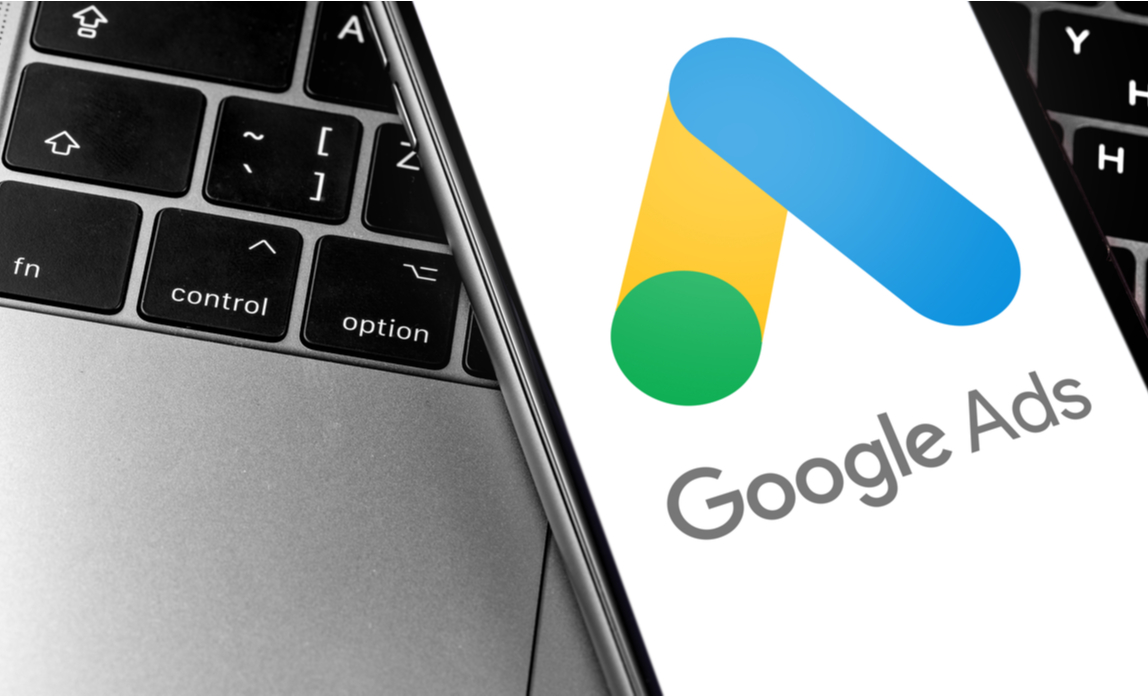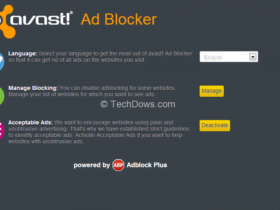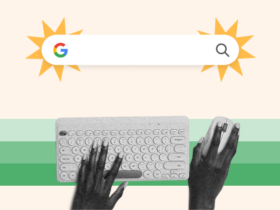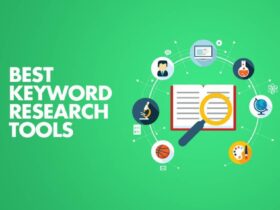Google Adwords is a tool that allows you to display advertisements on the Google search engine and other Google services. They are most commonly used for advertising products on the Internet but can also be used for marketing purposes.
Google Adwords is a great tool for those who want to boost their search engine ranking. A pay-per-click advertising program allows you to bid on keywords to promote your website.
It’s a common misconception that PPC ads only help SEO. In reality, PPC ads can help SEO by increasing the amount of traffic you receive. With advanced search engine traffic, your website’s ranking will be improved, and more people will be exposed to your business. If you’re a local business and you’re not sure how PPC ads work, here are some things to consider: PPC is a great way to increase traffic to your site.
PPC ads can help you reach new customers. PPC ads allow you to rank higher in local search results. The more popular your keywords are, the more clicks you’ll receive. PPC ads can also generate leads. In this post, we’ll explore how to use Google Adwords to help you get more traffic to your website.
Search engine optimization (SEO) or search engine optimization affects the visibility of a website or a web page in an online search engine’s unpaid results – typically in response to a keyword search. The better websites appear on the search engine results pages (SERPs), the more visitors they will receive from the search engine’s users.
What is Google Adwords?
Google Adwords is a pay-per-click advertising program that allows you to bid on undefined to promote your website. It is a popular tool among SEOs because it will enable you to “buy” traffic. If you can reach your target keywords, you can “buy” traffic from the Google Display Network.

There are many misconceptions about PPC advertising. One of the biggest ones is that it doesn’t work. In reality, PPC ads can help SEO by increasing the amount of traffic you receive.
PPC ads aren’t for everyone. They require a good understanding of your industry, technical skills, and a large budget. If you’re interested in testing out PPC ads, you can start with a free trial of Google Adwords.
How to get started with Google Adwords?
You can start using Google Adwords with any website. The only thing you need is a Google account. After you’ve signed up, you’ll be able to set up your campaigns, bids, keywords, and other parameters.
Optimize your ad text Google’s ad text suggestions are based on what people search for and click on, but you can also optimize your ads by changing the keywords in your ad text. Adwords also offers tools that can help you optimize your campaign. If you’re unsure how to use the tool, check out our guide to setting up an Adwords account.
For example, you can add a keyword to your ad text that is relevant to the keyword you’re bidding on. This will increase your ad’s relevancy and get more clicks. Another option is to create a negative keyword list for your ads.
Using Google Adwords for SEO
Google Adwords is a pay-per-click advertising program that allows you to bid on undefined to promote your website. When you bid on an ad, you set the maximum price you’re willing to pay for each click. As the ad appears in the search results, you can choose whether to buy or not. If you buy the ad, you pay for that click. If you don’t believe the ad, then your competitors do.
The Adwords interface is very similar to Google’s Search Console. While Google doesn’t publish the number of clicks each ad gets, it does show you the cost of each click. It also shows you the number of impressions and the number of times each ad is displayed. If you’re already familiar with Search Console, you can easily switch between the two interfaces.
Why use Google Adwords
First of all, Google Adwords is free. There are no costs associated with running an ad campaign, and you won’t pay anything until you see results. PPC ads are displayed on Google when a user searches for a specific keyword. In exchange for displaying your ad, Google charges you a fee each time a user clicks on your ad.
The process is simple. First, you select a keyword. Then, specify how much you are willing to pay for every click. This is important because Google doesn’t allow advertisers to bid excessively. If you spend more than what you’re ready to pay, you risk being banned from Adwords.
Frequently Asked Questions (FAQs)
Q: What exactly does it mean to use Adwords for SEO?
A: Search engine optimization (SEO) is improving the quality of your website content to boost your ranking in search engines.
Q: Why should you use Adwords for SEO?
A: With Adwords, you can target your keywords with specific demographics and geographical locations to increase your chances of ranking higher on Google.
Q: How can I make my ads more effective?
A: Use your keywords correctly and include them in your ad copy.
Q: What are some things I should know before using Adwords?
A: Before using Adwords, there are certain things you need to be aware of.
Top Myth about Google Adwords
1. You will get rich with Google Adwords – you should use it for SEO.
2. Google Adwords are expensive.
3. Google Adwords are complicated.
4. It isn’t easy to make money.
Conclusion
Google AdWords is one of the internet’s most powerful and popular advertising tools. They’ve built it into the most popular search engine in the world, so it’s no surprise that they’ve made it possible for you to advertise there too.
AdWords allows you to target specific keywords and phrases that will help you reach your audience, but it doesn’t come cheap. To advertise with them, you must start small and build your budget over time.
However, it can be a lot cheaper than other advertising mediums and can help you get your brand out there. I recommend starting small and building up from there.











